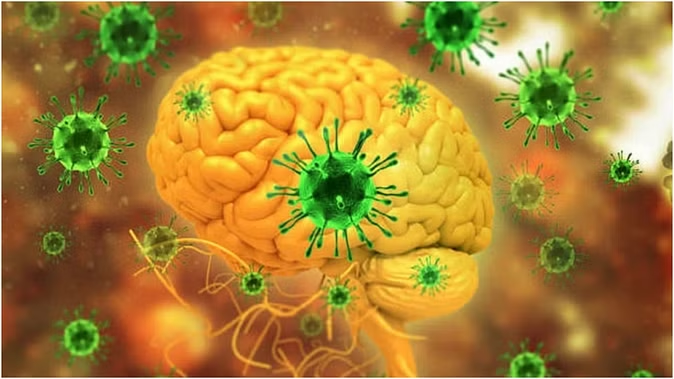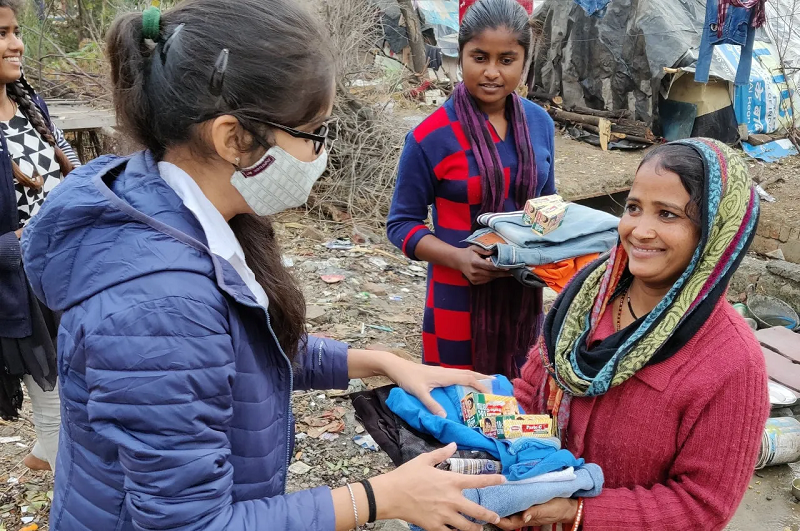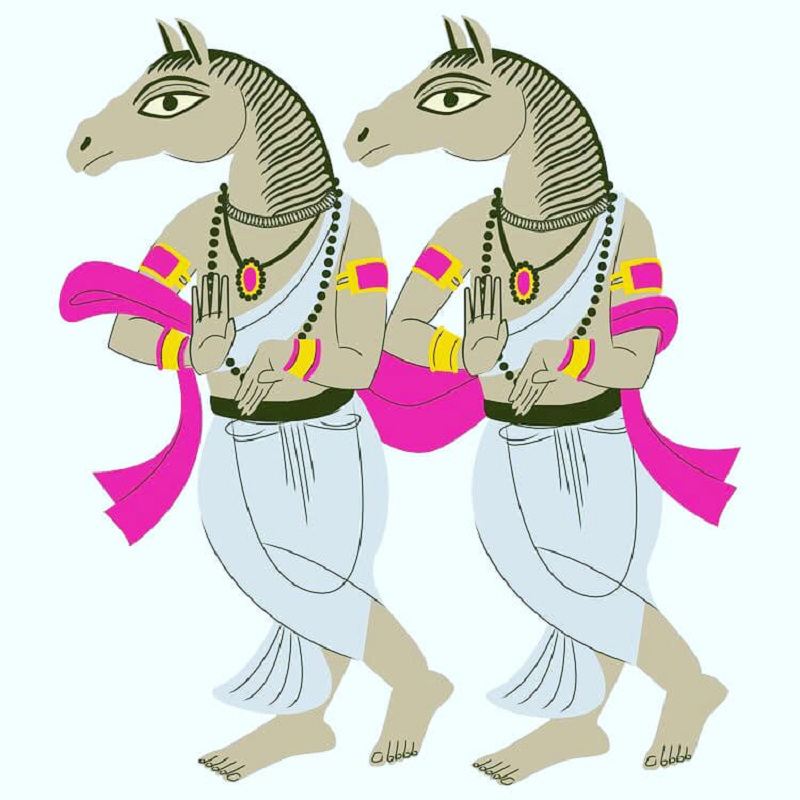The risk of severe Nipah infection is once again seen increasing in Kerala. According to a recent report, a 14-year-old boy undergoing treatment for infection at Kozhikode Medical College died on Sunday, the National Institute of Virology Pune has confirmed this. He was put on a ventilator after respiratory problems. The infection was confirmed in this child resident of Malappuram on Saturday.

According to media reports, about 246 people who came in contact with the patient have been listed, out of which 63 are considered high-risk. Given this deadly infectious disease in Kerala, health experts have advised all people to remain alert and keep taking preventive measures. The Union Health Ministry said a team will be deployed to investigate the outbreak and provide technical assistance in Kerala so that the infection can be controlled.
Earlier in the month of August-October last year, cases of Nipah infection were also reported in Kerala. Kozhikode district was considered to be the most affected by this. In view of the infection, orders were also issued to close the educational institutions of the district.
Let us know why Nipah infection is considered dangerous, how it spreads, and what measures can be taken for prevention.
Health officials alerted
Health department officials said, the risk of infection is increasing, protectively all people need to keep trying to avoid it. Nipah can spread rapidly, so caution is necessary. Avoid going to infection-affected areas.
Nipah virus infection is a zoonotic disease that spreads from animals like pigs and bats to humans. Apart from infection from animals to humans, other people can also be at risk from an infected person. Nipah can be a major health risk, it is considered more dangerous than corona. Its mortality rate has been considered to be 45-75 percent.
Nipah infection and its risks
Bats are considered to be the main cause of Nipah virus transmission. It can spread to humans through fruits or other food contaminated by bats. Health experts say, to clean fruits and vegetables thoroughly before eating them. Do not eat fruits cut by birds.

People infected with the infection can be at risk of asymptomatic (having no symptoms) to respiratory illness and fatal encephalitis. Its symptoms include high fever, vomiting, and respiratory infection. In severe cases, seizures and brain swelling can also cause coma. There is no vaccine for Nipah.
Treatment of Nipah infection
Monoclonal antibodies have been considered effective in Nipah infection and its risks. Last year, the Government of India had ordered monoclonal antibodies from Australia. It will now be given in Kerala. At present, no vaccine is available against the Nipah virus. It can spread from one person to another through physical contact with people infected with Nipah virus. It is advisable to keep distance from such people.
How to prevent it?
According to the World Health Organization (WHO), if someone is experiencing symptoms of infection for 3-5 days and is not getting cured with normal treatment, then it needs serious attention. Since there is no vaccine to prevent it, it is important to increase awareness about reducing the infection.
Regular cleaning of hands, cleaning fruits and vegetables thoroughly, and avoiding travel to affected areas can be ways to reduce the risk of Nipah. Along with Kerala, neighboring states also need to be alert.
(PC: ISTOCK)










